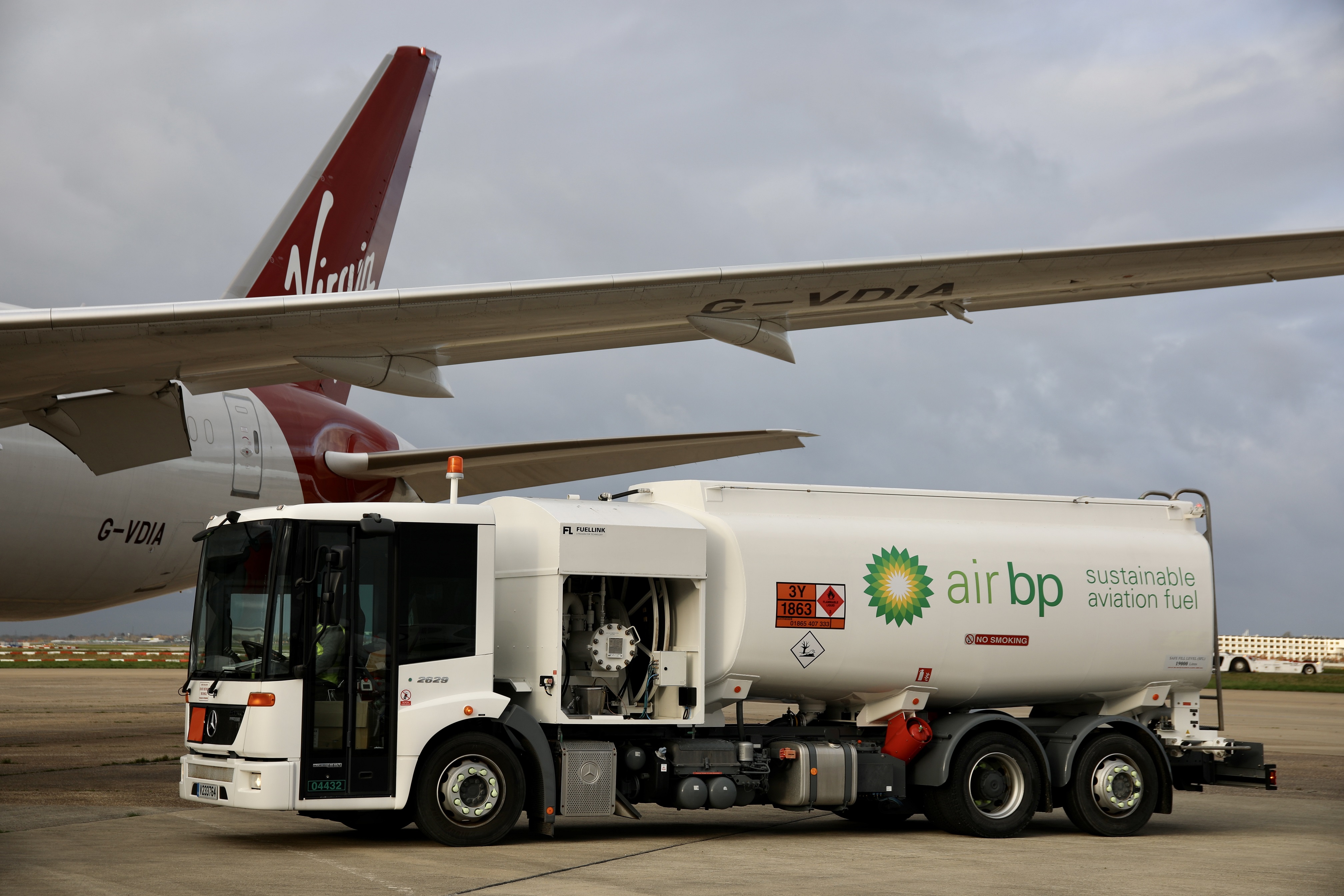The Third Conference on Aviation Alternative Fuels (CAAF/3) hosted by the International Civil Aviation Organization (ICAO) has agreed a global framework to promote the production of sustainable aviation fuel (SAF), highlighting the significance of supportive government policy and feedstock diversification.
With the intention for all international aviation fuels to be 5% less carbon intensive by 2030, IATA estimates that 17.5 billion litres (14 million tonnes) of SAF need to be produced. SAF added $756 million to a record high fuel bill in 2023, with ‘every drop of SAF produced’ already bought and used. In 2029 alone, projections estimate that over 78 billion litres of renewable fuel will need to be sourced, with at least 43 airlines already committing to use some 16.25 billion litres of SAF in 2030.
Elaborating on a number of what it calls “effective production incentives,” IATA describes that identifying and prioritising high potential production projects for investment support, accelerating investments in SAF by traditional oil companies, and ensuring renewable fuel production incentives encourage sufficient SAF quantities are all key. Additionally, the delivery of a global SAF Accounting Framework will also be vital in scaling up production.
Although IATA estimates that 85% of all SAF facilities coming online over the next five years will use the HEFA pathway (reliant on animal fats, cooking oils and greases), these feedstocks are only available in limited quantities. Increased adoption of currently certified production pathways will also play their part in scaling output, in particular the Alcohol-to-Jet and Fischer-Tropsch methods. The identification of more potential feedstocks ‘to leverage all SAF technologies’ could also provide diversification and region-specific solutions, including bringing environmental restoration options.
